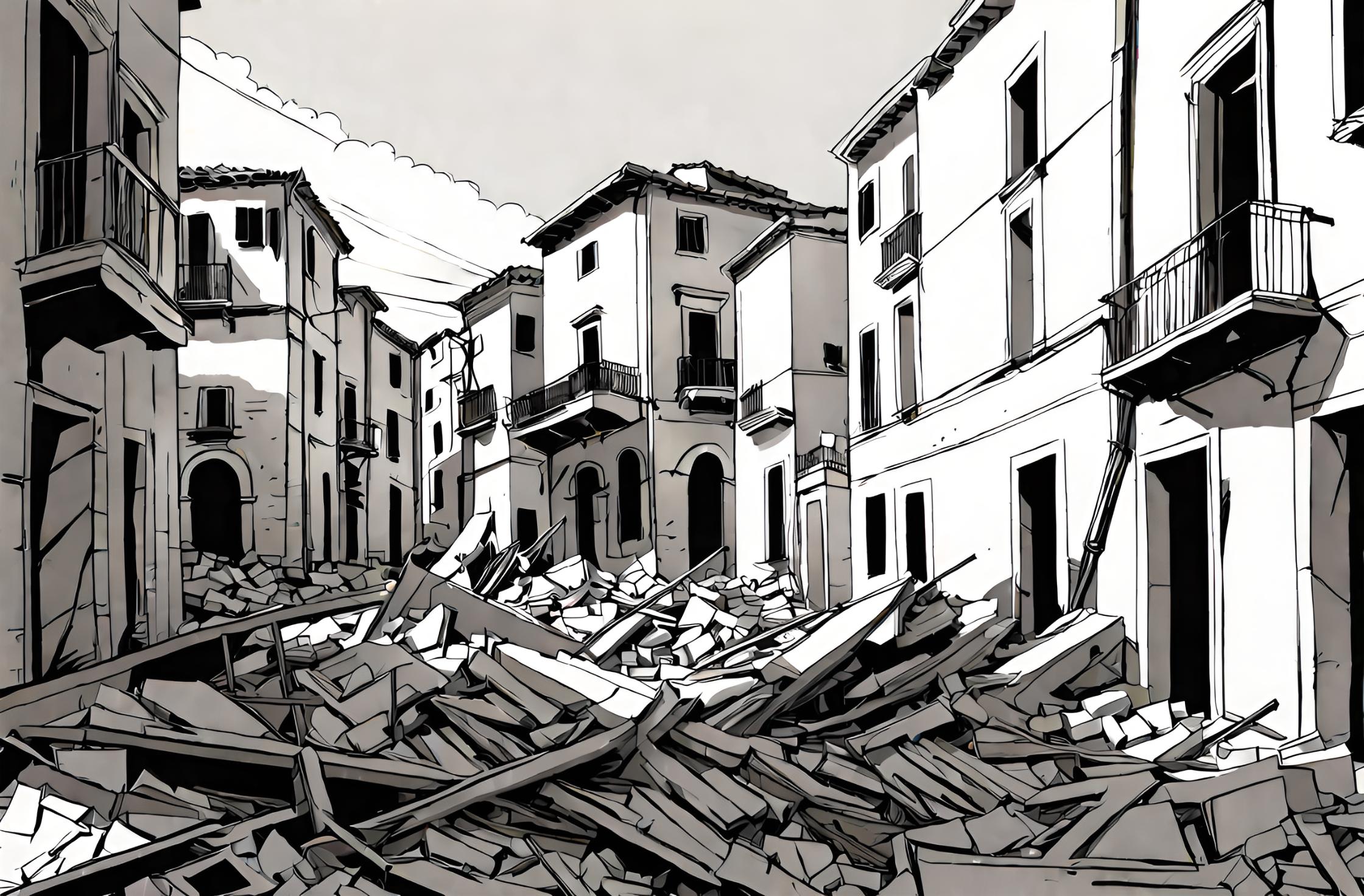Flashback to November 23
World History

Witnessing a total solar eclipse is a unique, spine-tingling spectacle, but when it happens over the white expanse of Antarctica, the thrill escalates to astonishing heights. This rare event occurred on November 23, 2003, painting the icy Antarctic skyline in bewitching, unforgettable hues. A natural phenomenon turned into a surreal spectacle, bathed in shades of ethereal half-light that Americas, Asians, or Europeans seldom have the chance to witness.
The total solar eclipse of 2003 over Antarctica etched an indelible mark in the annals of astronomical events. It was a rendezvous with a glorious night at noon, the onset of a cosmic performance marked by the arrival of the Moon’s shadow, racing at incredible speeds and transforming day into an instigated nocturnal panorama.
As this eclipse unfolded in the southernmost part of the globe, it brought an exotic touch to the viewers in-person and those tuning in from around the world. A solar eclipse, after all, is not merely an intriguing play of celestial bodies. It has sparked philosophical discourses, triggered scientific advancements, and inspired numerous artworks, making it transcendent in the confront of mundane life.
For the uninitiated, a solar eclipse happens when the Moon moves between the Earth and the Sun, obscuring the Sun for viewers on Earth. It’s a beautiful alignment of the Sun, Moon, and Earth, a celestial phenomenon that has been a subject of wonder and fear throughout human history.
Describing a total solar eclipse is akin to narrating an opera of light and darkness. As the Moon made its stellar appearance in the Antarctic skies, it gradually started blotting out the Sun, triggering a perceptible drop in temperature. The environment dipped in an eerie half-light, heightening the senses, and the ethereal aura of anticipated excitement was tangible. Viewers watched in sheer amazement and awe at the unfolding celestial phenomenon in the Antarctic wilderness, the Earth’s last frontier.
Just when the eclipse appeared in its totality, the Antarctic landscape, predominantly white, remarkably reflected the beautiful coronal brightness that gilded the overwhelming darkness. The brief encounter with the solar corona, seen as a ring of fire, intensified the excitement of this unique natural spectacle. This fleeting silhouette of the Sun, seen instead of a bright, scorching star, etched in memories of people privileged to witness it, and also instilled an urge among others to experience this at least once.
While the Antarctic solar eclipse spectacle lasted only a few fleeting moments, its memory continues to captivate astrophysicists, avid eclipse chasers, and amateur stargazers alike. Besides this, it offered an unparalleled opportunity for astronomers and scientists to research and gather invaluable data on the Sun’s corona and its phenomenal influence on space weather.
The impact of this event wasn’t limited to scientific studies alone. It inspired countless individuals across various spheres, fostering an increased interest in space travel, celestial events, and awareness of our cosmic neighboUrhood.
Immersed in the grand scheme of our cosmic orchestra, the 2003 total solar eclipse over Antarctica was both a thrilling spectacle for onlookers and a crucial event for the global scientific community. As our understanding of space continues to grow, such celestial events offer precious opportunities to delve deeper into the secrets of the Universe. They draw our gaze skywards and fill us with a sense of awe and reverence, reminding us of our humble place in the vast cosmos.
In a symbolic representation, the Earth-bound viewer during an eclipse is a beholder not only of a cosmic drama but also a participant in the grand scheme of universal cosmology. The 2003 Antarctic solar eclipse has certainly left a remarkable legacy, luring us to continue looking up and marveling at the grandeur and mystery of our infinite Universe.
We strive for accuracy. If you see something that doesn't look right, click here to contact us!
Sponsored Content

A series of earthquakes…
The devastating series of…

Andre Malraux, French novelist/art…
Renowned French novelist and…

A total solar eclipse…
Witness the magic of…

In the Philippines, at…
On November 23, 2009,…

British bombers again attack…
On the evening of…

In Dumbarton, Scotland, the…
Experience a piece of…

